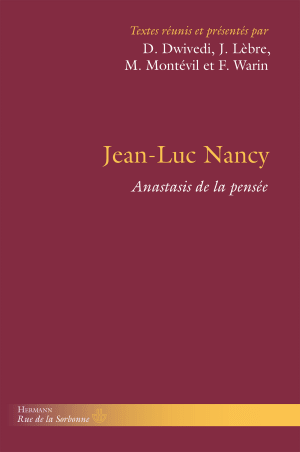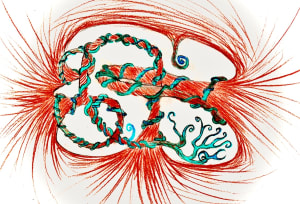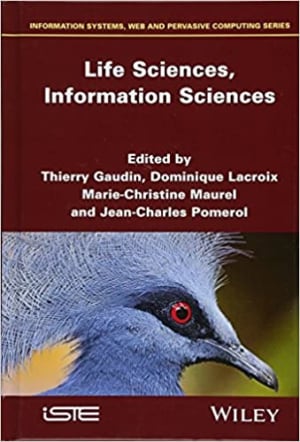
For one another, without conditions: On palestine and ukraine
Philosophy World Democracy
The question of Ukraine and Palestine are one for this reason; no condition, no argument, no geo-poli-technique can justify what is taking place in either regions.
Abstract
Do the Palestinian people and the Ukrainian people understand one another? Do they support one another? What are the similarities and the distinctions between these two conditions of oppression? The question of Ukraine and Palestine are one for this reason; no condition, no argument, no geo-poli-technique can justify what is taking place in either regions. Further, none of the so-called solutions to Ukraine—divide it between Russia, Europe and America—is acceptable because the very existence of freedom, which is what people are, what each individual is, is going to be thus divided and partitioned, and hence annihilated.














